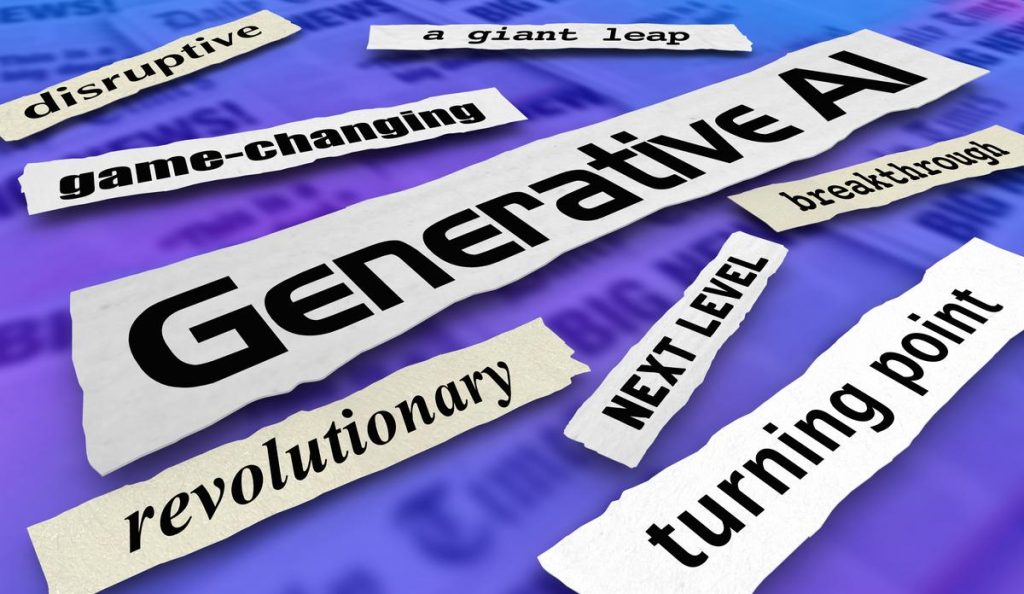Highlights:
- The 20-billion-parameter Watsonx.ai model from IBM, one of the world’s largest generative AI foundation models for code automation, powers the Watsonx Code Assistant for Z.
- IBM’s Application Discovery and Delivery Intelligence inventory and analysis tool is stated to be used by Watsonx Code Assistant for Z to help businesses discover the most critical candidates for modernization.
IBM Corp. announced that it is assisting businesses in modernizing their most crucial mainframe programs using its recently launched generative artificial intelligence service, Watsonx.
The new Watsonx Code Assistant for Z is a generative AI-powered coding aid created to assist developers in converting COBOL-to-Java conversion projects. The service can reduce the danger of errors during COBOL app modernization while helping in its acceleration. At its IBM TechXchange conference in Las Vegas the following month, IBM stated it would demonstrate the technology for the first time.
The 20 billion-parameter Watsonx.ai model from IBM, one of the world’s largest generative AI foundation models for code automation, powers the Watsonx Code Assistant for Z.
According to the organization, businesses are frantically trying to update their mainframe programs to profit from accelerated code development and increased developer output. Organizations can access a significantly larger pool of information technology expertise and hasten developer onboarding by developing their mainframe software in Java rather than COBOL.
This is because, compared to JAVA, only a small percentage of developers nowadays are conversant with COBOL. Besides, JAVA-based apps are also simpler to maintain.
Even though COBOL is more than 60 years old, many crucial business and operational activities are still supported by it at businesses worldwide. These COBOL-based applications require the complete rewriting of billions of lines of code, making their translation challenging. Companies can incrementally convert COBOL applications and services into high-quality Java code using Watsonx Code Assistant for Z, freeing engineers to work on activities that have a greater impact, such as adding new features to those applications.
IBM’s Application Discovery and Delivery Intelligence inventory and analysis tool is stated to be used by Watsonx Code Assistant for Z to help businesses discover the most critical candidates for modernization. It can remodel business services in COBOL using generative AI, convert COBOL code to highly optimized Java code, and then check the results of this transformation using automated testing.
Finding competent COBOL developers is one of the enormous obstacles to modernizing mainframe apps, according to Andy Thurai, Vice President and Principal Analyst at Constellation Research Inc. Few developers are aware of it, and many who had long since departed the workforce according to him. So, it becomes much more challenging to find developers proficient in COBOL and Java.
Thurai said, “This is where IBM’s Watsonx Code Assistant for Z can be very useful for companies. These models are trained to understand mainframe COBOL applications and spit out object-oriented Java code that can be used to convert those mainframes into a modern program, making mainframe modernization easy.”
Thurai’s optimism stems partly from the fact that Watsonx Code Assistant for Z is distinct from previous models. In contrast to the last large language models, which are more general-purpose, he claimed that the primary difference is that it is mainly trained with specialized code precisely to meet the function of code production. “This LLM is task-specific and can actually be classified as a specialized language model, or SLM, rather than LLM,” he added.
According to IBM, Watsonx Code Assistant for Z may end up being the best choice for many businesses. Some enterprises opt to move their dated mainframe applications to the public cloud, but doing so requires them to forgo the dependability of IBM’s Z mainframes, which are still in demand due to their reliability, stability, and resistance to cyberattacks.
Contrary to what IBM is suggesting, tools can already translate COBOL into Java syntax. The business, however, claimed that such tools are unreliable and frequently result in code that is challenging to maintain and occasionally even unrecognizable to Java experts. The company claims that generative AI is far more promising and that Watsonx Code Assistant for Z is the first model of its kind to support COBOL, making it uniquely equipped to secure customers’ intellectual property.
According to Charles King of Pund-IT Inc., Watsonx Code Assistant for Z is an excellent illustration of how IBM is constantly developing and enhancing its Z mainframe solutions to satisfy customers’ demands. It shows an AI solutions strategy concentrated on areas that may provide clients with immediate, measurable benefits rather than making predictions. “Rather than sitting passively while other modernization solution players go after it, IBM is actively disrupting itself and its offerings to benefit its clientele. That’s just one of the reasons IBM Z continues to be the enterprise platform of choice for thousands of global organizations,” King added.
Thurai claims that IBM’s overarching goal is to increase developer productivity by turning English—and potentially other human languages in the future—into a programming language. It does this because it recognizes that developers are the foundation of any software company and that they need to increase their productivity to create things more quickly. However, he warned that generative AI coding models often produce insecure code that violates licensing and intellectual property rights.
Thurai stated, “Because IBM trained this model on its own mainframe code, there should be no legal or ownership issues that can arise from its use. However, the announcement and release are still in preview mode. Hopefully, IBM can execute on this one, unlike many other failed programs they have announced before.”





























































